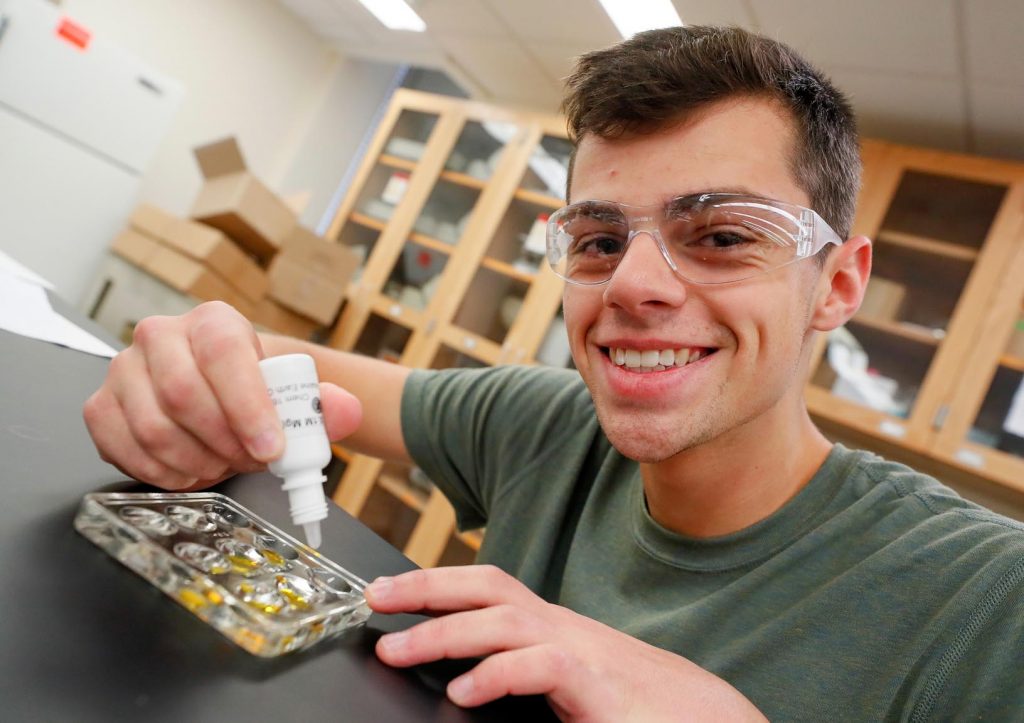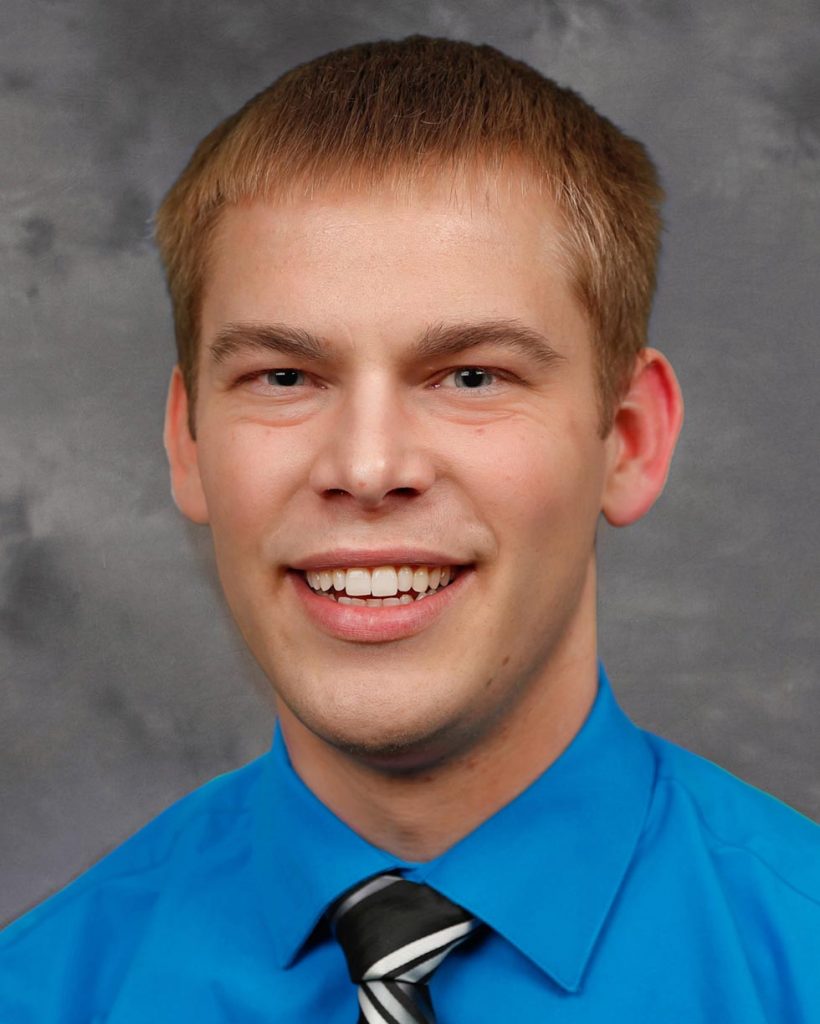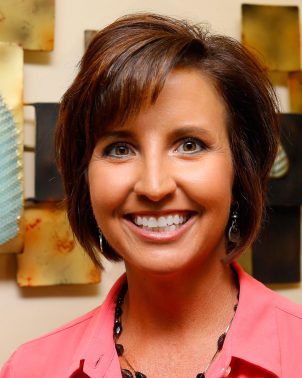
By TYLER ELLYSON
UNK Communications
KEARNEY – Health care is one of Nebraska’s largest employment sectors, with continued job growth projected as the need for workers to serve the state’s aging population increases.
The demand for health care workers is particularly strong in rural areas, where it’s difficult to recruit and retain these professionals.
At the University of Nebraska at Kearney, there’s a program designed specifically to address the shortage of health care providers in rural Nebraska by offering scholarships, instruction and professional development to students who will eventually practice in these areas.
The Kearney Health Opportunities Program (KHOP), a partnership with the University of Nebraska Medical Center that launched in 2010, prepares the next generation of health care workers through hands-on training, research and experiential learning opportunities.
“This program benefits the state by developing a pipeline of talented students committed to returning to rural Nebraska to practice health care and alleviate the projected provider shortages,” said Peggy Abels, director of UNK’s Health Sciences Department.


KHOP provides full-tuition scholarships to UNK and guaranteed admission into UNMC, assuming all requirements are met, for students from rural Nebraska who are pursuing degrees in a number of health sciences programs, including medicine, nursing, radiologic technology, medical laboratory science, pharmacy, physician assistant, physical therapy, dentistry and dental hygiene.
The program has grown from eight students in 2010 to more than 75 current participants.
“KHOP has generated increased interest in UNK among potential health sciences students and demonstrated great recruiting potential for UNK,” Abels said.
There are more than 800 students enrolled in health sciences programs at UNK, making it the largest academic department on campus. About 92 percent of these students successfully complete their professional program, and 84 percent of UNK health sciences students were accepted into professional schools or clinical programs last year.
KHOP contributes to the 65 percent acceptance rate into UNMC medical schools for UNK students, compared to the 7 percent acceptance rate for all students over the past 10 years.
With a total capacity of 150 students, there’s still room for KHOP to grow.
“Given the workforce needs in rural Nebraska, additional recruiting and retention efforts are important to the program,” said Abels.
A recent enhancement in this area is the KHOP Learning Community that started this fall.
The learning community provides mentoring, professional development and academic and social support for first-year KHOP students. Members share a floor inside a UNK residence hall – unless they’re part of the Thompson Scholars or Honors Program learning communities – and meet weekly with one of four upperclassmen who serve as mentors. They also take chemistry and another course together.
Henrique Adabo, a freshman from Columbus who is part of the KHOP Learning Community, called it a “very valuable” resource.
Adabo, a biology major with a health sciences emphasis, made an immediate connection with other KHOP participants and students who share his pre-medicine track. Since they live on the same residence hall floor and take many of the same classes, Adabo said it’s natural for them to study together and turn to each other when they have questions.
“I got to know everyone and I realized what an advantage that is,” he said.
The mentors are important, too, he said, because they’re also KHOP students who can relate to the freshmen.
“They’ve been in our position,” Adabo said. “They’ve been through the classes we’re going through. If we have a question, they’re always happy to help.”
The KHOP Learning Community includes 40 first-year students, 34 of whom live together at Centennial Tower West and receive a housing waiver worth approximately $2,500.
KHOP participants also have access to on-campus speakers, tours of area health centers and UNMC facilities, career fairs and other events.
Brandon Drozd, program coordinator for the Central Nebraska Area Health Education Center located on campus, said he’d like to further promote research and job-shadowing opportunities and get students thinking about study abroad and mission trips that help them become better health care providers in the future. He also hopes to bring in former KHOP students to talk about the transition process from UNK to UNMC.
“This program serves as an advantage in multiple ways for those students,” said Drozd, a coordinator for the learning community.
For students like Adabo, KHOP and UNK’s Health Sciences Department are providing a path to future careers in Nebraska.
“That’s the reason why I came here,” said Adabo, who plans to be a physician. “I was looking at other colleges, but I knew this was my first option. I knew if I got this scholarship, this is where I’d be going.”